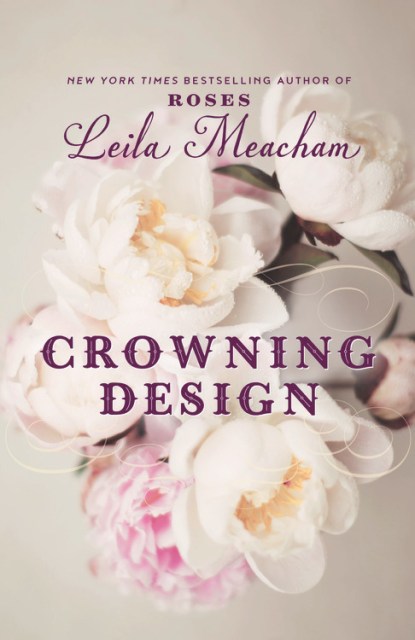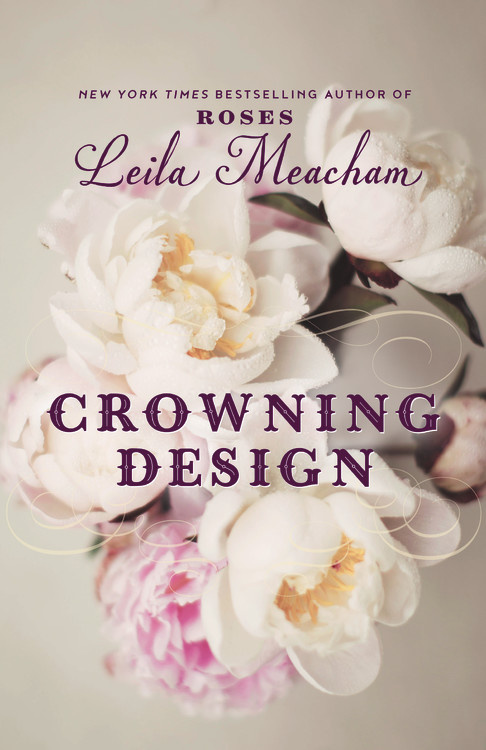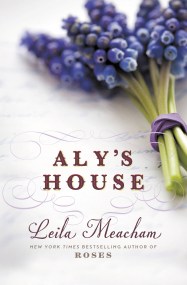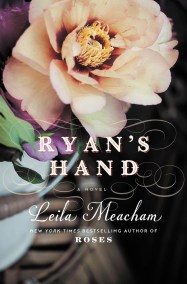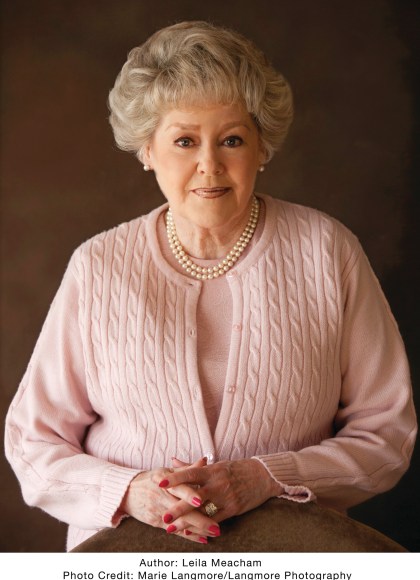Promotion
Use code MOM24 for 20% off site wide + free shipping over $45
Crowning Design
Contributors
Formats and Prices
Price
$15.99Price
$20.99 CADFormat
Format:
- Trade Paperback $15.99 $20.99 CAD
- ebook $9.99 $12.99 CAD
- Audiobook Download (Unabridged)
This item is a preorder. Your payment method will be charged immediately, and the product is expected to ship on or around January 3, 2017. This date is subject to change due to shipping delays beyond our control.
Also available from:
A tender, classic love story about the secrets that linger in our hearts and the choices that set us free?Ķ
Some people aren’t meant for happily-ever-after. And Deborah Standridge is one of them. When she called off her wedding to the perfect man to pursue her passion as an architect, she didn’t mean to hurt anyone. But Deborah saw her chance to finally make her own dreams come and she took it, setting in motion a tragedy that has haunted her ever since.
Now, as one of Denver’s most successful architects, Deborah has avoided love at all costs…until Daniel Parker walks into her life. He commissions her to design his company’s headquarters and soon makes her want to believe in love again. But Dan is keeping a shocking secret that could rip apart everything they’ve built–and break Deborah’s heart once and for all. Will Deborah find the strength to put the past behind her to fight for a love that could last for all time?
Some people aren’t meant for happily-ever-after. And Deborah Standridge is one of them. When she called off her wedding to the perfect man to pursue her passion as an architect, she didn’t mean to hurt anyone. But Deborah saw her chance to finally make her own dreams come and she took it, setting in motion a tragedy that has haunted her ever since.
Now, as one of Denver’s most successful architects, Deborah has avoided love at all costs…until Daniel Parker walks into her life. He commissions her to design his company’s headquarters and soon makes her want to believe in love again. But Dan is keeping a shocking secret that could rip apart everything they’ve built–and break Deborah’s heart once and for all. Will Deborah find the strength to put the past behind her to fight for a love that could last for all time?
Genre:
-
"Reads like a high-end Thorn Birds."Sara Nelson, The Daily Beast (praise for Roses)
-
"Roses heralded as new Gone with the Wind."USA Today (praise for Roses)
-
"As large, romantic, and American a tale as Texas itself."Booklist (praise for Roses)
-
"An enthralling stunner....A compelling saga with echoes of Gone with thePublishers Weekly (praise for Roses)
Wind." -
"It's been almost 30 years since the heyday of giant epics...but Meacham'sLibrary Journal (praise for Roses)
debut might bring them back. Readers who like an old-fashioned saga will
devour this sprawling novel of passion and revenge."
- On Sale
- Jan 3, 2017
- Page Count
- 240 pages
- Publisher
- Grand Central Publishing
- ISBN-13
- 9781455541393
Newsletter Signup
By clicking ‘Sign Up,’ I acknowledge that I have read and agree to Hachette Book Group’s Privacy Policy and Terms of Use
